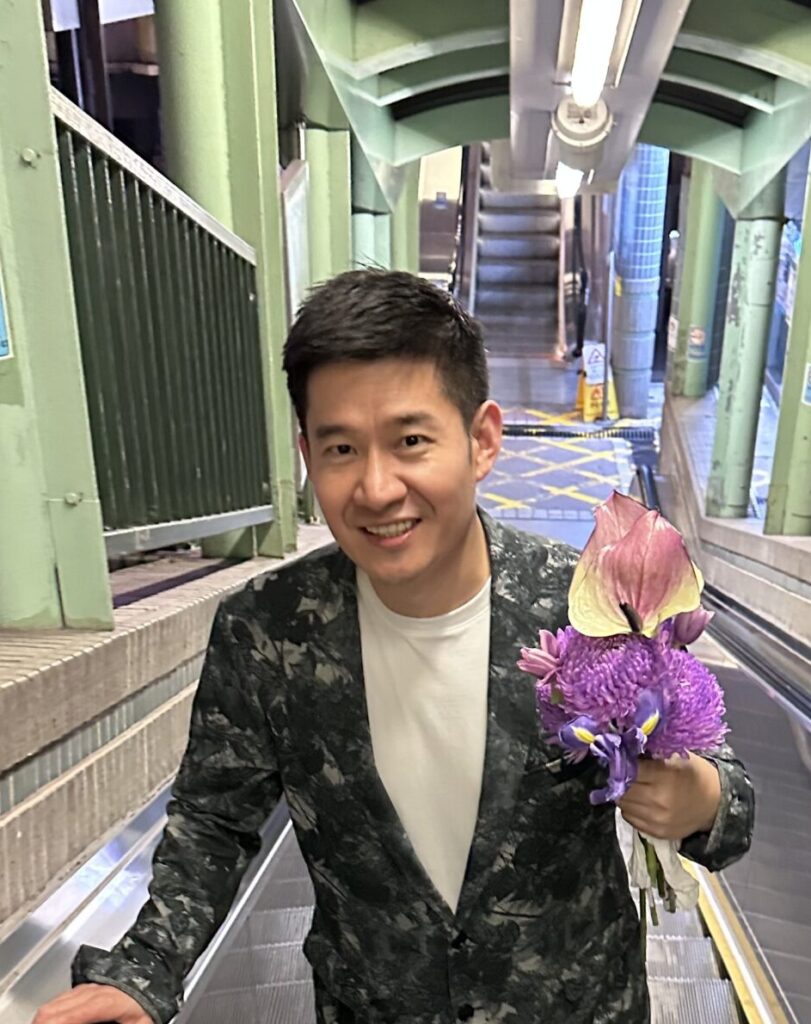Wu Haigang
MNPM Alumni
Taking the master’s course in Nonprofit Management as a part-time student was challenging; however, it empowered me with self-growth in academic capability and elastic thinking.
Beyond the wide range of knowledge and practices I learned—from civil society to the Sustainable Development Goals (SDGs) and Environmental, Social, and Governance (ESG) issues in Greater China and globally—two key lessons from this intensive study journey stand out as my lifelong treasures.
The first is that academic theories in social science, much like various types of eyeglasses, are suited to different situations and contexts. No single theory fits all scenarios, and theories evolve based on reality. In essence, theories serve practice. The second lesson is the importance of exploring different possibilities with a creative and elastic mindset, combining academic investigation with real-world practice. These principles were taught to me by Dr. Yao Yanran and Dr. Lu Ke, and I greatly appreciate their guidance. As a result, when I encounter obstacles or adversities at work or in life, I now prefer to conduct more comprehensive research and analysis to develop a balanced and creative perspective before making decisions.
I would also like to share an unexpected benefit I gained from my capstone project. The capstone project, as the final and most challenging task of the program, required us to use what we had learned to address a real-world problem and propose solutions for the nonprofit sector. My team and I conducted the first-ever survey on the mental health of music performers in Hong Kong, who are beneficiaries of my work in the nonprofit sector. The findings were quite startling. Our survey of 184 participants revealed concerning statistics: 62% reported experiencing depression or anxiety。 Using the dual-continua model of mental health, we discovered that changes in those risk factors, such as music performance anxiety, sleep disturbances, and drinking problems, can lead to mental illness, but they are not directly linked to mental well-being outcomes. Conversely, protective factors such as psychological resilience and social support significantly affect both mental illness and well-being.
To improve the overall mental health of performing musicians in Hong Kong, we recommended that nonprofit organizations prioritize strengthening those protective factors. This includes improving the accessibility, affordability, and perceived suitability of intervention tools, thereby enhancing the effectiveness of the four existing nonprofit intervention models. Our research also revealed that, beyond medical professionals, cultural nonprofits, the community, and peers can play significant roles in improving musicians’ overall mental well-being. Based on these findings, we tailored a board game called The TransformH Game, as a practical tool, to help musicians relieve internal pressure and build trust among peers.
This capstone project enlightened me in two significant ways. First, I deeply appreciate that my studies provided an opportunity to further serve the artists I work with in the future, for example, developing some collaborative programs to improve their mental well-being.
Second, this eight-month research project opened up an exciting new door for me to explore the field of mental well-being. I began delving deeper into research on psychology and neuroscience, particularly Positive Psychology which imposes scientific research on the optimal human functioning. In today’s rapidly changing and uncertain world, I believe it is vital to equip ourselves and our communities with robust physical and mental well-being to be flourishing. For example, the revolution driven by artificial intelligence and information technology is provoking humanity to reflect on how we can coexist with AI in the near future and what the core values of Homo sapiens truly are. In my view, well-being is the key. This capstone project was just the beginning, allowing me to rethink the mission and meaning of my work in the nonprofit sector moving forward.
I am now taking an online course in Positive Psychology and am committed to putting what I have learned into practice. From the bottom of my heart, I am truly grateful for this course and hope it will help more people flourish.



